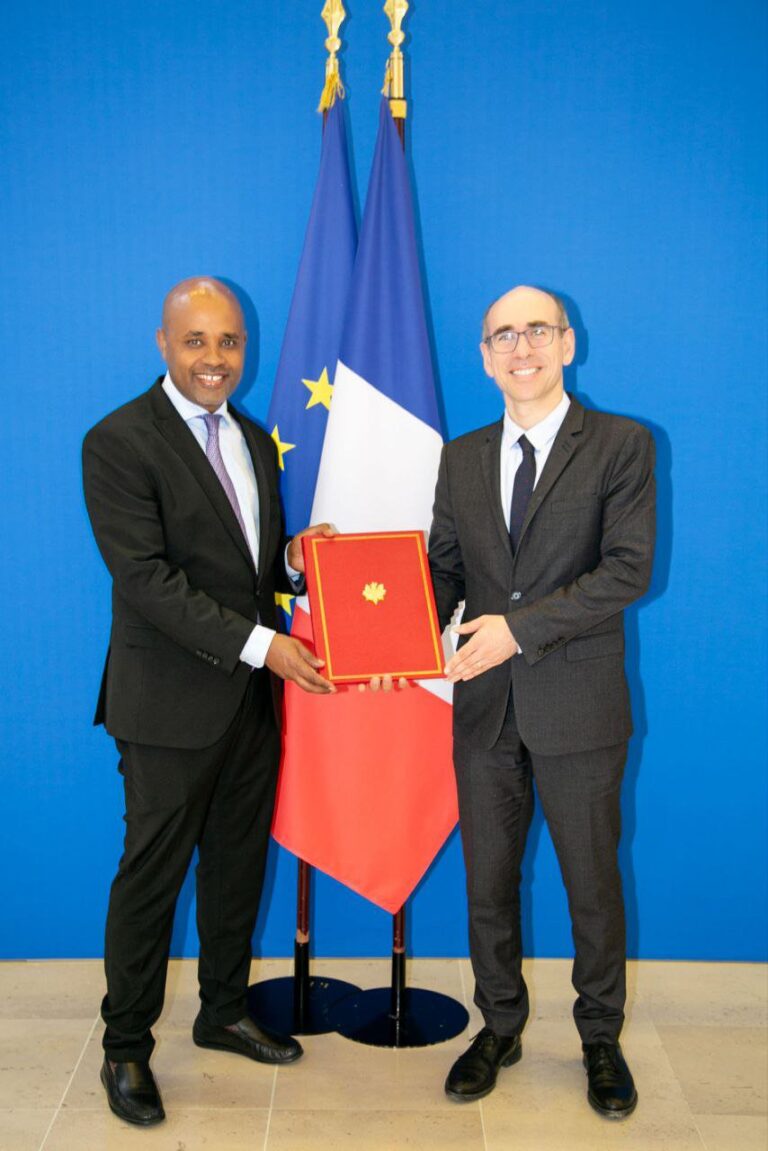Ethiopia has reached a major breakthrough in its long-awaited debt restructuring process under the G20 Common Framework, signing a Memorandum of Understanding (MoU) with its Official Creditor Committee (OCC). The agreement, announced by the Ministry of Finance, formalizes a debt treatment plan agreed in principle earlier this year, providing Ethiopia with over USD 3.5 billion in relief.
This landmark deal marks a critical step toward restoring Ethiopia’s long-term public debt sustainability and concludes years of complex negotiations. The East African nation expressed deep gratitude to the OCC members, especially co-chairs China and France, for their unwavering support in reaching this agreement.With the MoU now signed, Ethiopia will work to finalize bilateral agreements with each OCC member to implement the agreed terms.
Eyob Tekalign, State Minister of Finance, emphasized Ethiopia’s commitment to a swift and cooperative process, “Ethiopia remains confident that the collaborative and pragmatic spirit that has prevailed so far will help expedite the process of finalizing bilateral agreements,” he stated. “We continue to engage in good faith with all other external creditors, including bondholders, to secure restructuring terms that align with our debt relief needs and the principle of comparability of treatment.”The government hopes this agreement will pave the way for similar deals with private creditors, ensuring comprehensive debt relief and reinforcing Ethiopia’s economic recovery efforts.





